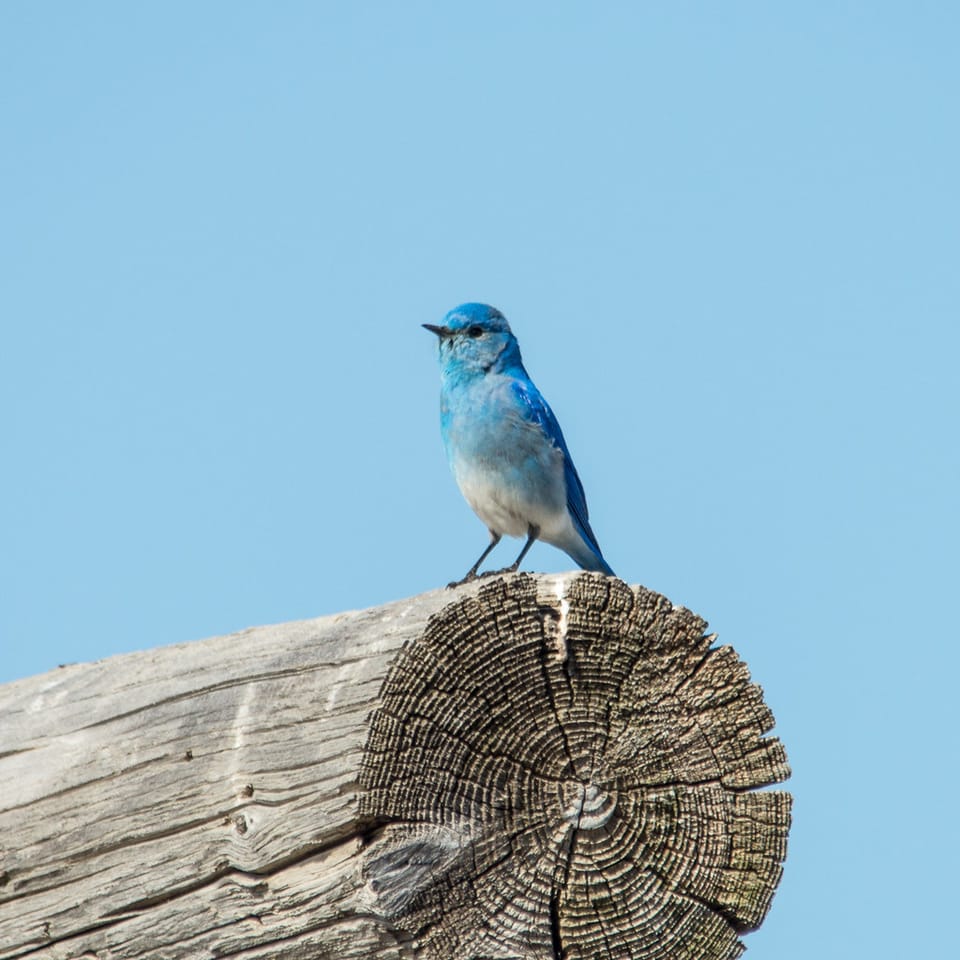EcoWest News, January 7, 2025

Welcome to EcoWest News, a weekly round-up of news and resources that you can put to use in addressing environmental issues and protecting the wild in your community.
Across the West
Sio Silica isn’t taking no for an answer. They’re rebranding and hoping to make a comeback with support from Manitoba’s Brokenhead Ojibway Nation. [The Narwhal]
CPAWS’ two Alberta chapters are concerned by the lack of clarity in the provincial government’s new Alberta Coal Modernization Initiative and fear the government is prioritizing private corporate interests over the Alberta public. [CPAWS Northern Alberta]
The Whyte Museum in Banff will be hosting an exhibit of artworks focusing on glacial nature from Jan. 25-Apr. 13 in honour of the UN International Year of Glaciers’ Preservation. [The Whyte]
Eliminating aspens from BC forests is short-sighted as aspens retain moisture in the soil, slow down wildfire, and provide food and shelter for wildlife. [The Narwhal]
Across Canada
A recent report provides an overview of provincial/territorial species-at-risk legislation and 7 recommendations for improvement. [The Fur-Bearers]
Around the World
AI’s energy demands are spurring increasing levels of air pollution. Tech companies should be required to report the air pollution caused by their power consumption and backup generators and compensate the local communities. [Futurity]
Fibre-reinforced plastics have revolutionized sports equipment but are notoriously hard to recycle. Researchers are exploring ways to remove and recycle the fibres. [The Conversation]
Making a Difference
Starting when he was 13, John Paul Wasan undertook an 8-year project to establish community native prairie plant restoration and educational sites. Reclaim Our Prairie! initiated educational programming and/or native prairie restoration sites at 9 locations across Saskatoon, and EcoFriendly West is pleased to have been able to offer financial support for this worthwhile initiative. [Caring For Our Watersheds]
South Vancouver Island residents are working hard to restore and protect Garry oak habitat and bring back the bluebirds. [The Discourse]
Huu-ay-aht First Nation on northern Vancouver Island hopes to draw visitors to its community by establishing a dark sky reserve and hosting a dark sky festival. [The Narwhal]
Anián creates timeless fashion from recycled fabrics. In 2024, they repurposed over 900,000 pounds of discarded textiles, and old oyster farm trays were turned into shirt buttons. [Anián]
Biodiversity
A study of the flight patterns of flies using high-speed cameras and microscopic lenses “is changing our understanding of small-scale flight and might inform the design of next-generation aerial micro vehicles”. [bioGraphic]
We recoil in horror from blood-suckers and parasites (leeches, tapeworms, bed bugs), but evidence “suggests ecosystems rich in parasites are healthier than those with fewer parasites”. [The Conversation]
Nature’s Wonders
Some animals can remember where they’ve buried hundreds of thousands of seeds. Humans can’t. The trade-off may be greater flexibility and executive functioning. [The New Yorker]
Older animals have valuable knowledge to share with their young, may be more fertile or have stronger offspring as they age, or provide grandparenting support. [Inside Climate News]
Photo credit: https://www.flickr.com/photos/apmckinlay/17109383469
EcoFriendly West informs and encourages initiatives that support Western Canada’s natural environment through its online publication and the Nature Companion website/app. Like us on Facebook, follow us on BlueSky, X, and Mastodon, or subscribe by email.

Member discussion